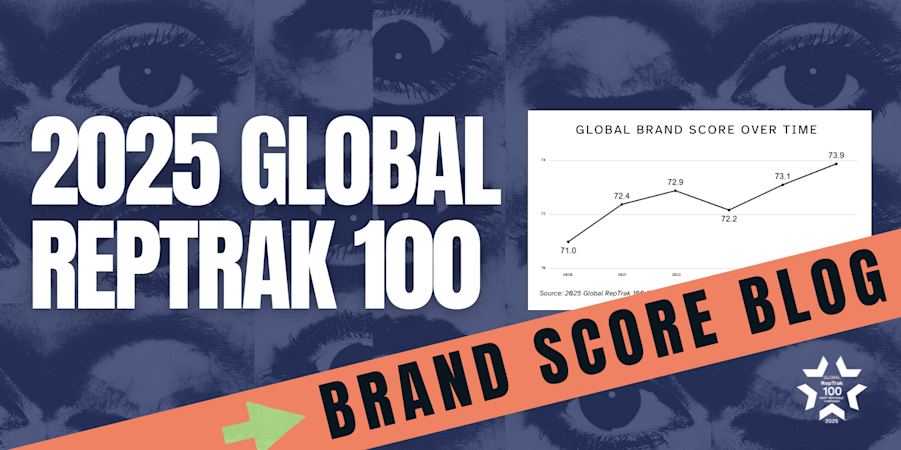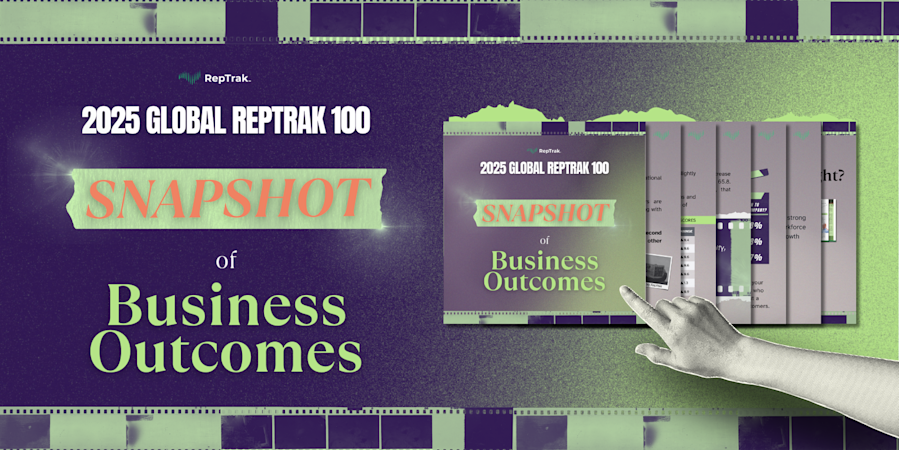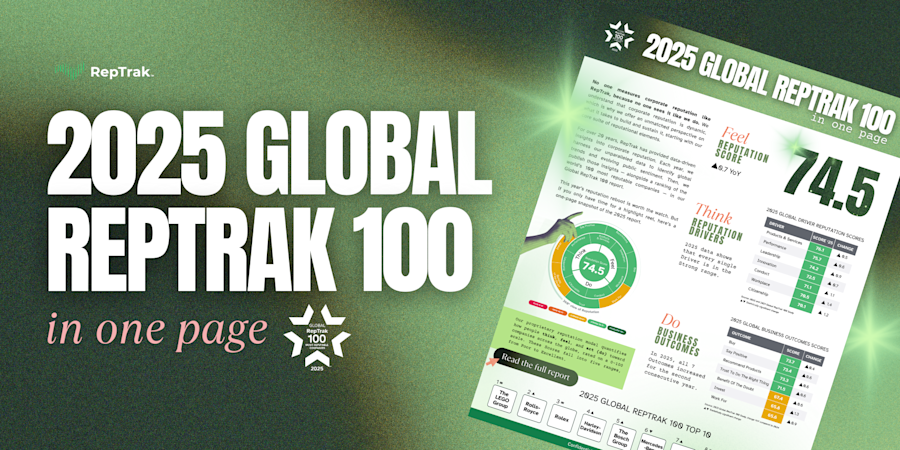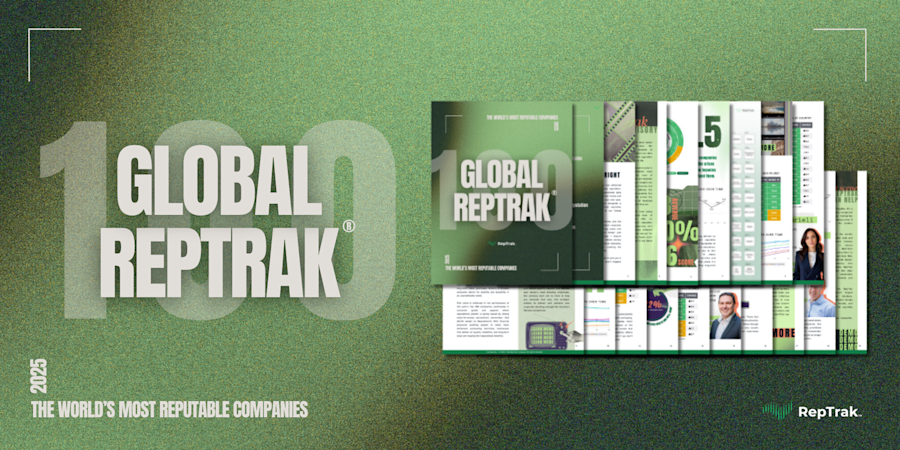What Is a Chief Reputation Officer?
Blog Post22 Jun, 2018
At its core, a Chief Reputation Officer (CRO) is a member of the executive leadership team who reports directly to the CEO.
The CRO’s primary responsibility: build and maintain a strong corporate reputation.
As with any role, nuances may vary from company to industry, but the CRO is primarily responsible for the following reputation KPIs:
Levels of stakeholder support: Key stakeholders include customers, employees, investors, regulators, policy-makers, and the general public. Greater supportive behaviors from these groups equate to a stronger reputation.
Reputation readiness: Proactively planning for and actively mitigating includes developing an airtight strategy around internal communications, external outreach (PR, social media), global correspondence, crisis documentation, and actionable methods of supporting leadership.
Corporate Communication effectiveness: The ability to measure the success of a Corporate Communication department and to develop a roadmap for reputation success is paramount in driving revenue.
ROI of reputation: Quantitative reporting that points to the ROI of reputation as it drives revenue, aligns with share price value improvement, and the ability to engage existing employees and attract top talent.
Corporate Social Responsibility (CSR): Companies that have thoughtful CSR campaigns and sustainability programs often outperform in reputation. CSR is more important to most stakeholder groups than financial performances, goods, and services.
A Chief Reputation Officer not only provides reactive leadership and counsel during extreme situations such as PR crises and scandals, the role also demands proactive responsibility.
Reputation intelligence – A playbook for Chief Reputation Officers
A CRO will always be looking out for a company’s reputation through the quantification of reputation measurement. They’ll have their ear to the ground through various metrics and analytical tools, monitoring how a company’s reputation is faring—all integral to a company’s reputation intelligence—“the result of monitoring, measuring, and managing reputation.”
Driving revenue will always matter, but it is no longer enough to maintain an excellent reputation. Corporate perception is built on products, services, and revenue generation, but what sets the strongest reputation leaders apart are corporate social responsibility (CSR) and sustainability programs. Companies working hard to make the world a better place are more appealing to an increasing number of stakeholders.
The growing need for Chief Reputation Officers
Businesses thrive in an increasingly digitally connected world.
With how easily a company’s market value can be manipulated by a security breach (Facebook), a single employee’s decision (Starbucks), poorly implemented policy changes (L.L. Bean), a company’s reputation needs to have a chief guardian.
Deloitte’s 2014 Global Survey on Reputation Risk, which interviewed over 300 executives, discovered that 87% found reputational risk to be more important than other strategic risks. The survey also found that 88% of the organizations were actively searching for employees dedicated to managing reputation.
Transparency, accountability, responsibility
No matter the industry, levels of reputational risk are a crucial part of ascertaining a company’s health and vibrancy. With the countless number of threats, C-Suite leadership teams can only do so much to mitigate that risk.
At its most reduced function, a Chief Reputation Officer takes ownership for a company’s reputation. The CRO is directly accountable for managing stakeholder perception.
So, when — not if, because it will happen — a PR crisis hits, a CRO can take the helm of the company’s reputation and lead it to calmer, less hostile waters—or even prevent it from encountering stormy seas altogether.
Melanie LoBue The RepTrak Company [email protected]






